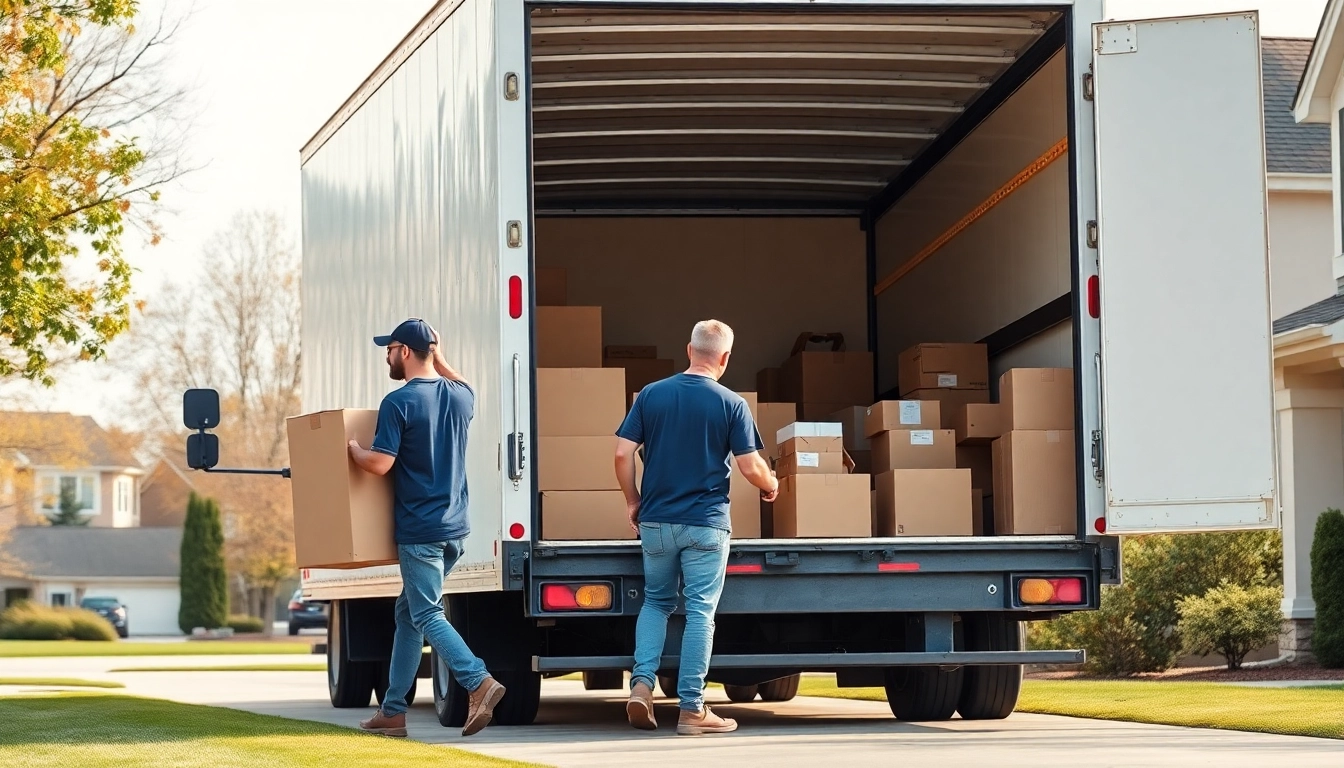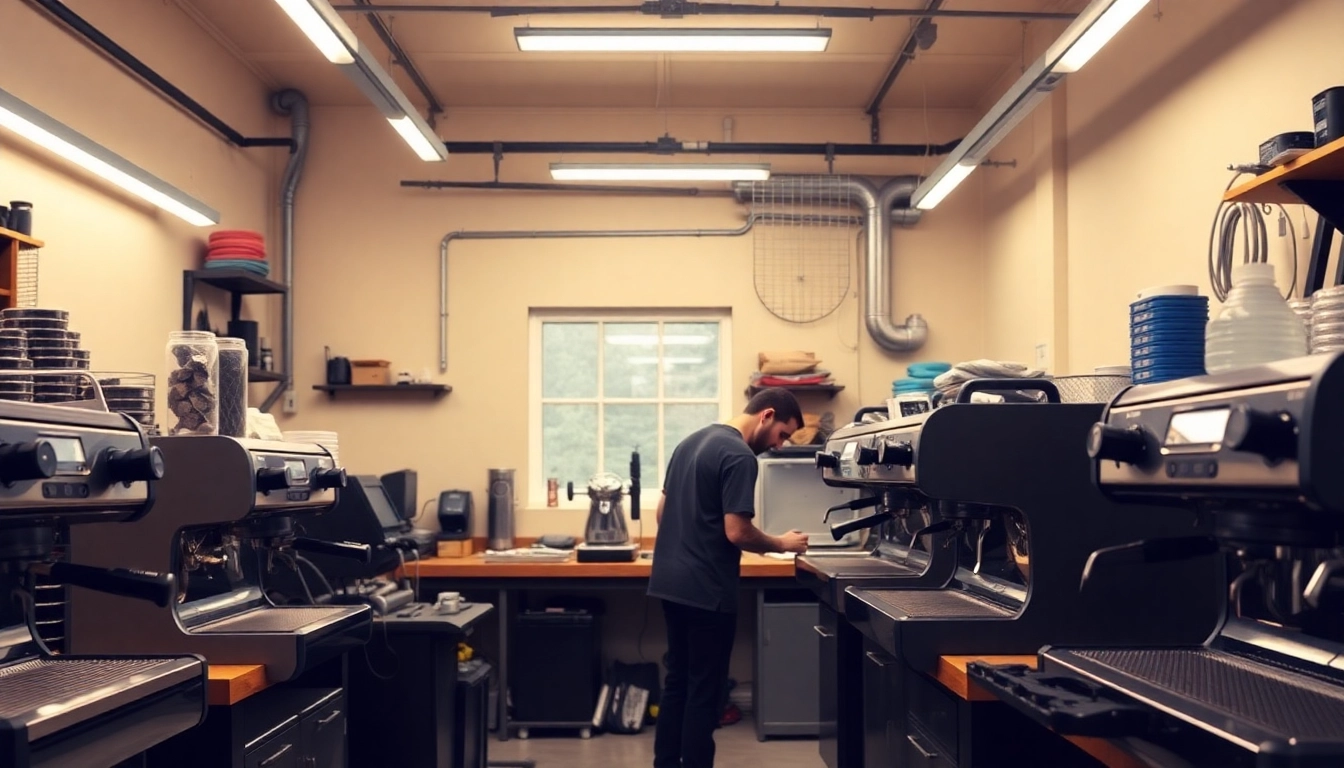Understanding House Moves: What You Need to Know
House moves can be one of the most stressful events in a person’s life, often ranking right up there with other major life changes like marriage or the loss of a loved one. Yet, with proper planning and guidance, the process can be smooth and even enjoyable. Whether you’re relocating your family, moving for a new job, or downsizing for retirement, understanding the nuances of house moves can help make the transition simpler and more efficient.
Defining House Moves
A house move typically refers to the process of relocating one’s personal belongings from one residence to another. This can include everything from single-family homes to apartments, and it often necessitates significant planning and organization. The process involves several critical operations such as finding a new place, packing belongings, securing transportation, and set up in the new location. It’s also important to consider logistics like scheduling services and managing timelines.
Key Benefits of Professional Assistance
While some people prefer to handle their moves independently, hiring professional movers can offer numerous advantages:
- Expertise: Professional moving companies possess the knowledge and skills to efficiently pack, transport, and unpack items to minimize damage.
- Time-Saving: They help streamline the moving process, freeing up your time to tackle other responsibilities.
- Stress Reduction: Professional help can alleviate the burden associated with logistics, allowing you to focus on settling into your new home.
- Safety: Moving heavy items poses risks, and professionals are trained to handle these safely.
Common Misconceptions About House Moves
Misinformation about house moves can lead to unnecessary stress and confusion. Some common misconceptions include:
- All movers are the same: Not all moving companies offer the same level of service. Research and reviews are critical before making a selection.
- Always the cheapest option: While it can be tempting to choose the lowest bid, the cheapest service may not always deliver on quality, leading to potential issues.
- You don’t need a plan: Failing to plan is often the root of moving day disasters. A detailed plan can prevent delays and frustrations.
Preparing for a House Move: Essential Steps
Preparation is key to a successful house move. By establishing a clear set of steps, you can mitigate last-minute chaos and manage your resources effectively.
Creating a Moving Checklist
A moving checklist is invaluable in organizing your moving tasks and responsibilities. Here are essential elements to include:
- 8 Weeks Out: Research moving companies, track your belongings, and start decluttering.
- 6 Weeks Out: Begin packing non-essential items and notify important contacts of your change of address.
- 4 Weeks Out: Confirm your moving date and finalize arrangements with the moving company.
- 2 Weeks Out: Pack essentials and confirm utilities in your new home will be functional upon arrival.
- 1 Week Out: Finish packing, label all boxes, and prepare important personal items for transport.
Choosing the Right Moving Company
Identifying a reliable moving company is critical. Here are some tips for making the right choice:
- Research: Look for companies with good ratings and verified reviews.
- Services Offered: Ensure they provide the specific services you need, such as packing, loading, and storage.
- Licensing and Insurance: Confirm that the movers are licensed and insured to protect yourself against damage or loss.
- Get a Quote: Obtain multiple estimates to compare pricing, and ensure you understand what is included in the total cost.
Packing Tips for a Smooth Move
Packing can be one of the most time-consuming and daunting aspects of moving. To ease this burden, consider these tips:
- Use Quality Materials: Invest in sturdy boxes, cushioning wraps, and packing tape to protect your belongings.
- Organize by Room: Pack items room by room and label boxes clearly to make unpacking easier.
- Don’t Overpack Boxes: Avoid damage by not making boxes too heavy; lighter boxes are easier to move and less likely to break.
- Keep Essentials Accessible: Pack a “first night” box with essentials like toiletries, clothes, and necessary paperwork for your first night in the new home.
Executing House Moves: Strategies for Success
Once preparation is complete, the execution phase is critical for a stress-free moving day.
Timing Your Move Effectively
Timing can significantly impact the success of your move. Consider these factors:
- Choose Off-Peak Days: Moving during the middle of the month or weekdays can save you money and facilitate easier scheduling with moving companies.
- Plan for Travel: If you’re traveling a long distance, consider the best times to avoid traffic and ensure your arrival aligns with your truck arrival.
Loading and Unloading Techniques
Proper loading and unloading techniques can safeguard your belongings and make the process more comfortable:
- Load Heavy Items First: Place heavier items at the bottom of the truck and lighter ones on top to prevent damage.
- Use Proper Lifting Techniques: Always lift with your legs, not your back, to prevent injury.
- Unloading in Reverse Order: Unload in the order you need items to streamline unpacking.
Managing Logistics on Moving Day
Moving day involves precise logistics. Here are some strategies to keep everything running smoothly:
- Communicate Clearly: Ensure all parties involved – movers, family members, etc. – are clear on their roles.
- Stay Flexible: Be prepared for unexpected issues, such as delays or bad weather, and have contingencies in place.
- Take Care of Pets: Plan for where pets will be on moving day to prevent them from becoming anxious or lost.
Post-Move Considerations: Settling into Your New Home
Once the moving van has rolled away, your new adventure begins. Here’s how to make settling in as seamless as possible.
Unpacking Strategies for Efficiency
Unpacking doesn’t have to be overwhelming. Use these strategies to simplify the process:
- Unpack Essentials First: Prioritize unpacking essential items that you’ll need immediately.
- Take Your Time: Don’t rush the unpacking process; use it as an opportunity to organize your space strategically.
- Use a System: Unpack by room and use the labels from your boxes to guide placement in your new home.
Organizing Your New Space
After unpacking, it’s time to organize your new space:
- Assess Layout: Evaluate how furniture fits in your new rooms and adjust based on function and flow.
- Use Storage Wisely: Utilize storage options like baskets and bins to maximize space while keeping the area tidy.
Adjusting to Your New Community
Transitioning to a new home also means easing into a new community. Here are some tips:
- Explore: Take time to walk around the neighborhood and discover local shops, parks, and amenities.
- Meet Neighbors: Introduce yourself to your neighbors to start building a network and sense of community.
- Get Involved: Look for local community events or clubs to engage in and meet new people.
Frequently Asked Questions About House Moves
How Much Do House Moves Cost?
The cost of house moves can vary widely based on various factors, including distance, size of your home, and whether you hire a professional moving company. On average, local moves can range from $300 to $1,500, while long-distance moves may exceed $5,000. It’s advisable to get multiple quotes and compare services.
What to Do if Your Move Gets Delayed?
If delays occur, remain calm and confirm the timeline with your moving company. Consider alternatives like temporary storage solutions or staying with friends or family. Make a contingency plan to manage your belongings and stay organized until the move can be completed.
How to Choose Between DIY and Professional Moves?
When deciding whether to move yourself or hire professionals, consider the volume of your belongings, your budget, and your comfort level with physical labor. A DIY move can save money but requires significant time and effort, whereas a professional move offers convenience and expertise but may come at a higher cost.



